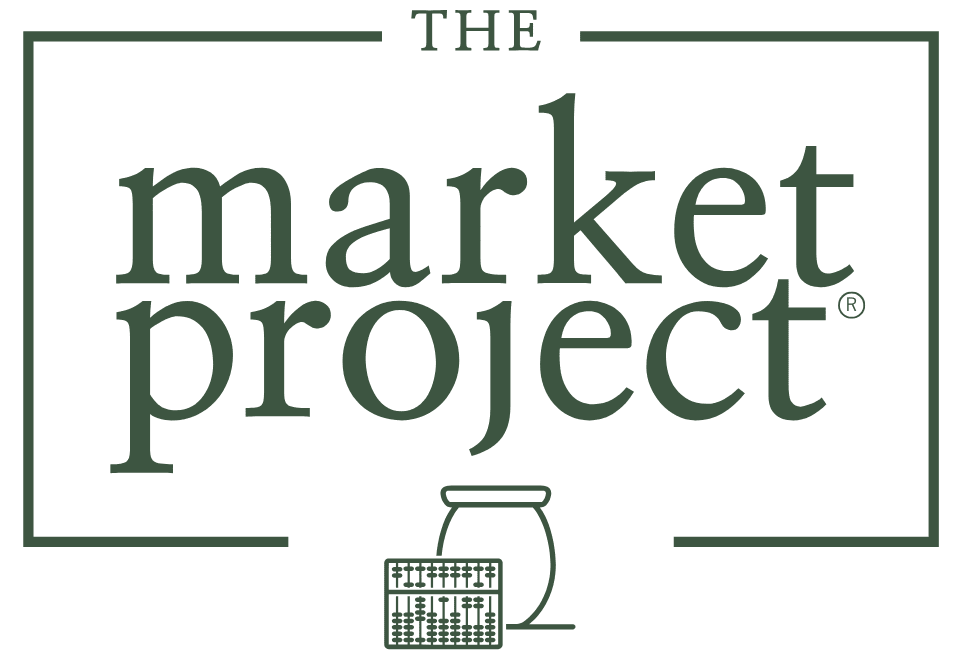Top 10 Terms to Know, Part 2

As you’ve read material from The Market Project, you may have come across some terms that are not entirely familiar to you. To better communicate our purpose and mission to our readers, we have compiled a list of the top 10 key terms to know.
Our last blog post featured terms 6-10, this post includes terms 1-5 with their definitions and significance to TMP. Whether you’re new to our work or just looking to expand your knowledge, we hope you find this list helpful.
5. Human Trafficking
Human Trafficking, as defined by the United Nations Office on Drugs and Crime, consists of the recruitment, transportation, transfer, harboring or receipt of persons, by means of the threat or use of force or other forms of coercion, of abduction, of fraud, of deception, of the abuse of power or of a position of vulnerability or of the giving or receiving of payments or benefits to achieve the consent of a person having control over another person, for the purpose of exploitation.
Human trafficking is deeply disturbing as it violates basic human rights and dignity. Such activity causes deep trauma wounds that take significant time and care to heal. A central part of our mission is to provide survivors of human trafficking with jobs that provide a newfound purpose in life and resistance to efforts by traffickers to press survivors into slavery once again. A dignifying, purposeful job and healthy workplace are also important parts of healing the wound of trauma.
4. Forced Labor
According to the ILO Forced Labour Convention, 1930 (No. 29): All work or service which is exacted from any person under the threat of a penalty and for which the person has not offered himself or herself voluntarily.
This term is somewhat tied to human trafficking due to the frequency of traffickers exploiting by extracting labor or service from those ensnared. Part of The Market Project’s vision is to redeem this twisted sense of work by paying survivors and all employees in the businesses we build the wages they deserve for their labor and placing them in trauma-informed work environments designed to aid those who have had labor extorted from them.
3. Supportive Community
This is the type of community TMP strives to create. We do this by providing training for managers that ensures adherence to local laws and community-building activities where workers learn teamwork, build trust and gain agency and voice These are key ingredients of a supportive work culture that encourages mutual respect, healthy dialogue and teamwork.
2. Impact Evaluation
Impact evaluation, according to Kristen Bording Collins of American University, is a program of rigorous methods to determine the changes in outcomes which can be attributed to a specific intervention based on cause-and-effect analysis. The purpose of impact evaluation is to determine if and how well a particular program by a non-profit, NGO, business or other organization worked. Impact Evaluations can also help answer program design questions to determine the most effective approach to solving a problem.
We have developed semi-annual impact evaluation tools that allow us to measure the level of trauma amongst the population we serve, the workers’ perception or experience of working in their particular workplace, the vulnerability of the workforce to being exploited or trafficked, and the impact the healing group experience offered has on the participants.
As an organization, it is not good enough that we create businesses with trauma-informed principles. We want to know whether our workplaces are actually helping our employees and their communities heal the wounds of trauma.
1. Healing Workplace
Healing as we discuss it refers to reversing and redeeming the wounds left on individuals by trauma. We believe healing from trauma is possible within spaces of safety, remembrance and reconnection.
A healing workplace is one that goes many steps further than merely creating jobs. It is an environment where we can question, experiment, innovate and fail. A healing workplace additionally creates an environment where it’s okay to be a human being who functions, in part, on an emotional level.
We hope this list has been helpful to you and that you’ve gotten a clearer picture of the work TMP undertakes to build healing workspaces. To continue to learn about our mission and stay up to date on the happenings at The Market Project, please sign up for our periodic news.
Stay up to date on our impact
Join our email newsletter to hear stories of our work.
